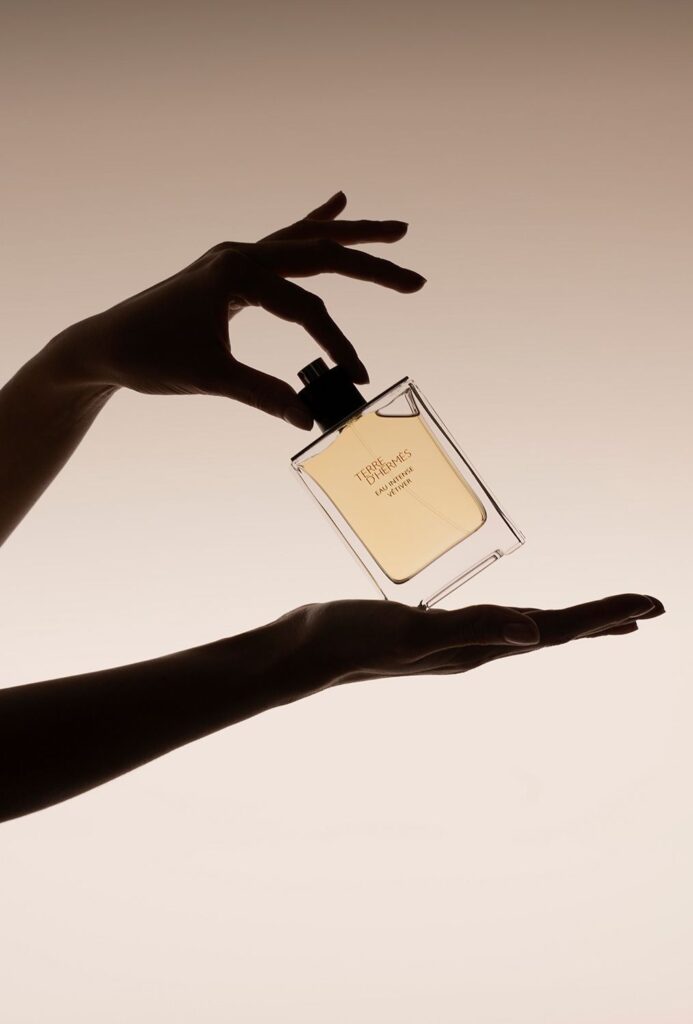It never took me a long time to get ready. Usually, the first outfit I tried on would be a winner and I’d be out the door. It wasn’t until recently that I had noticed I am no longer the efficient dresser I used to be. The next time I got ready for a night-out I decided to pay more attention to the inner dialogue I was unknowingly partaking in.
I tried on one of my favorite articles of clothing; a denim skirt. I looked at myself in the mirror, pleased with what I saw. Suddenly a thought popped into my head. I thought about how the last time I wore that skirt I didn’t feel safe when the guy at the bar put his hand on my thigh.
“Is it worth it to go through that again?” I thought to myself, ultimately deciding not to wear it.
I put on a pair of distressed jeans with a pink tank top. A memory flashed back into my head of the last time I wore this outfit. “Don’t you have a boyfriend? How did he let you out of the house like that?” I was asked by a classmate.
Later that night while standing outside the bar, a man decided to grab by breasts. When I pushed his hand away and asked why he would feel he could do that he simply replied, “You’re not wearing a bra, you’re basically asking for it.”
When I told my friends what had happened the next day I was greeted with almost the same question every time “Well, what were you wearing?” Again, this shirt was not worth the problems it had caused last time.
I was on a constant loop of shuffling through all of my clothing only to reach the same conclusion every time. Almost every article of clothing I own has these memories attached to them. Memories of sexual harassment, slut-shaming, unwarranted comments. Unable to pull together an outfit, I felt defeated. These altercations and comments went far deeper than articles of clothing on my body. I was judging myself every time I got dressed.
“They’ll call you a slut if you don’t wear a bra” or “remember what that guy said to you last time you wore that” were just some of the comments I was telling myself every day.
I had a friend recently tell me that if I didn’t want to be called a slut, I should just change my style of clothing. It stung as the words left his mouth. I couldn’t help but think about the times that a women’s clothing were blamed for her sexual assault and not the attacker.
This comment ignited a fire in me I didn’t know was there all along, waiting to be lit. Suddenly, I started saying “no.”
No, my clothes should not and do not have any correlation to how I should be spoken to. No, my boyfriend does not have any control over how I dress. No, my decision to not wear a bra is not an open invitation to be touched. No, my outfit will never be used as justification for sexual assault.
For the majority of my experiences, there have been bystanders, even friends of mine, that turn their cheek when these moments arrive. I am writing this now in hopes that if someone is being mistreated, disrespected, and at risk of being assaulted in any way, that we no longer turn our cheeks. Ignoring these acts only perpetuate them longer. The fight to end rape culture is nowhere near over and it’s a collective effort we must all make in order to see real change.





